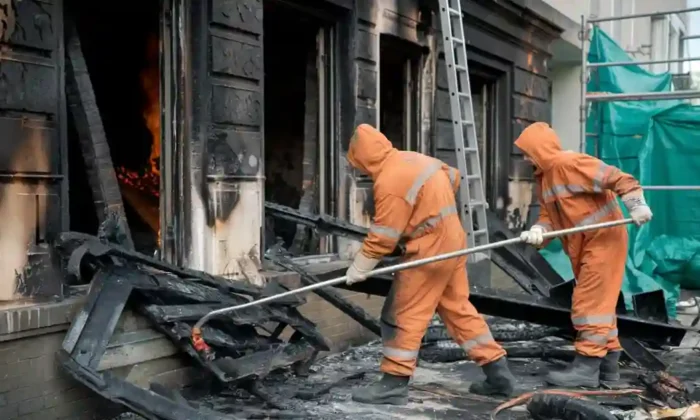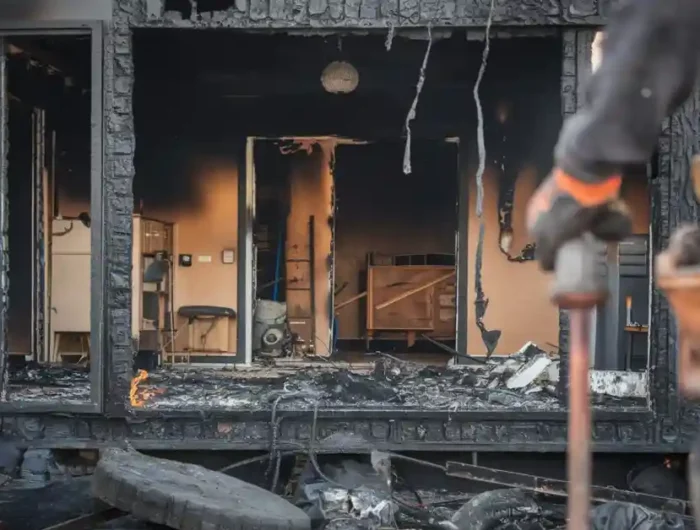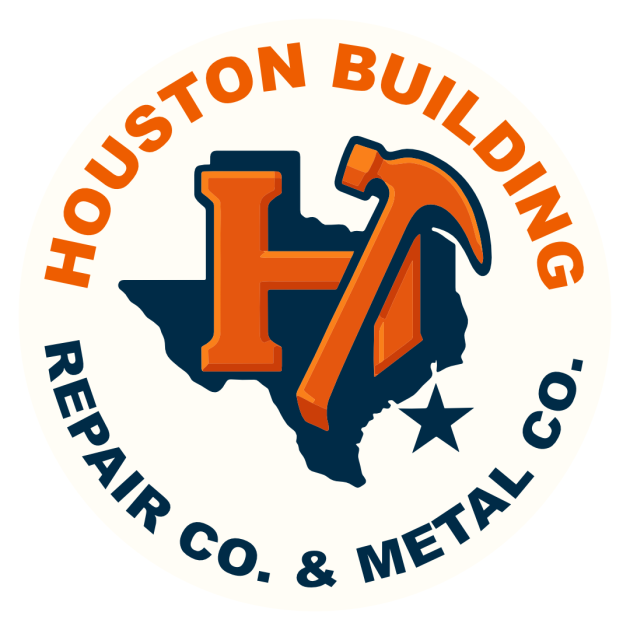What to Do Immediately After a House Fire in Houston: Your Essential 24-48 Hour Action Plan
Experiencing a house fire can be one of the most overwhelming and traumatic events in your life. The smell of smoke lingering in the air, the sight of charred belongings, and the uncertainty of what comes next can leave you feeling helpless. However, the actions you take in the first 24 to 48 hours after a fire are absolutely critical for your safety, your insurance claim, and the successful restoration of your home.
Living in Houston, where humidity levels can accelerate secondary damage like mold growth, knowing the proper steps after a house fire becomes even more crucial. This comprehensive guide will walk you through exactly what you need to do during those critical first two days, helping you navigate this challenging time with confidence and clarity.
Fire Aftermath Risks: From Weak Floors to Toxic Air
Before diving into the checklist, it’s essential to recognize that your home poses significant risks even after the flames are extinguished. The structure may be compromised, with weakened floors and ceilings that could collapse without warning. Additionally, toxic fumes from burned synthetic materials continue to circulate, making the air hazardous to breathe.
Houston’s unique climate adds another layer of complexity to fire damage emergency response. Our high humidity levels, especially during those sweltering summer months, create perfect conditions for mold growth in fire-damaged areas. Water used to extinguish the fire combines with our naturally humid air, potentially causing mold to develop within just 24 to 48 hours.
Critical Steps After House Fire: Your First 24 Hours
The first day following a fire sets the foundation for everything that follows. Understanding these immediate priorities can make the difference between a smooth recovery and months of additional complications.
Safety Precautions Before Re-entering
Never rush back into your home immediately after a fire, no matter how desperately you want to assess the damage or retrieve belongings. The Houston Fire Department must first declare your property safe to enter. Even then, certain precautions are non-negotiable.
Wait for official clearance from fire officials or your insurance company’s structural engineer. They’ll evaluate whether the building’s integrity has been compromised.
Meanwhile, if you must enter briefly with permission, wear protective equipment including an N95 mask, sturdy closed-toe shoes, long pants, and gloves.

Securing Temporary Shelter and Basic Needs
Start by finding safe temporary shelter for your family. Many Houston hotels offer emergency rates for fire victims, and the American Red Cross provides immediate assistance including temporary housing, food, and basic necessities. Contact your insurance company immediately – most have 24-hour emergency hotlines specifically for situations like this.
Initial Property Security Measures
Secure your property to prevent further damage and potential theft. Board up broken windows and doors, and if possible, place tarps over damaged roof areas. Houston’s afternoon thunderstorms can quickly turn fire damage into water damage if the property isn’t properly protected. Many restoration companies provide emergency board-up services and can bill your insurance directly.
Documentation and Insurance Claims Process
Thorough documentation makes the difference between a smooth insurance claim and months of frustrating back-and-forth. This crucial aspect of fire damage emergency response often determines the success of your recovery efforts.
Photography and Video Evidence
As soon as it’s safe, photograph everything extensively. Capture wide shots of each room, then focus on individual damaged items. Don’t forget to photograph structural damage like charred walls, damaged ceilings, and compromised flooring. Video documentation provides additional context that photos might miss – walk through each room slowly, narrating what you’re seeing.
Creating Detailed Inventory Lists
Begin creating a detailed inventory of damaged items, even if from memory initially. This list becomes invaluable for your insurance claim and helps you remember items you might otherwise forget in the chaos of the moment. Include:
- Item descriptions and approximate age
- Purchase prices or current replacement values
- Brand names and model numbers when possible
- Condition before the fire
Managing Receipts and Expenses
Save every receipt from this point forward. Hotel stays, meals, clothing purchases, and any other expenses related to the fire are potentially reimbursable under your insurance policy’s “additional living expenses” coverage. Create a dedicated folder or envelope specifically for fire-related receipts and update it daily.
The 48-Hour Window: Preventing Secondary Damage
As you move into the second day, focus shifts toward preventing additional damage that could complicate your restoration process and insurance claim.

Professional Water Extraction and Drying
Houston’s climate means you’re racing against time to prevent mold growth. Contact professional restoration services that specialize in fire damage. They have industrial dehumidifiers and air scrubbers that begin removing moisture and airborne contaminants immediately. This swift action is crucial for preventing mold growth in our humid environment.
Salvaging Personal Belongings
Remove any salvageable items from the property, but only after documenting them in place. Professional restoration companies use specialized techniques that can save items you might assume are destroyed:
- Ozone treatment for smoke odor removal
- Ultrasonic cleaning for electronics and delicate items
- Specialized dry cleaning for smoke-damaged clothing
- Document restoration for important papers
Utility Disconnection and Safety Checks
Contact utility companies to temporarily disconnect services if necessary. This includes electricity, gas, and water lines that might be compromised. Also, notify your mortgage company about the fire, as they have a vested interest in the property’s restoration and may have specific requirements for the insurance claim process.
Working With Houston-Specific Resources
Houston residents have access to several local resources that can provide crucial assistance during this difficult time.
Local Emergency Services and Reports
The Houston Fire Department’s Fire Marshal’s Office can provide an official fire report, which your insurance company will require. The City of Houston’s Building Services Department can guide you through necessary permits for restoration work. These documents are essential for your insurance claim and future restoration efforts.
Community Support Organizations
Local disaster relief organizations offer emergency assistance specifically for fire victims:
- Greater Houston Community Foundation provides emergency financial assistance
- Houston Food Bank offers immediate food support
- Local churches and community centers often coordinate clothing drives and temporary shelter
- The Salvation Army provides vouchers for clothing and household items
Moving Forward: Long-term Recovery Planning
Always remember recovering from a house fire is a marathon, not a sprint. The steps after a house fire that you take in these first 48 hours lay the groundwork for successful restoration.
Working With Insurance Adjusters
Consider working with a public adjuster if your damage is extensive. They work on your behalf to ensure you receive fair compensation from your insurance company. While they do charge a fee (typically a percentage of your settlement), many fire victims find their expertise invaluable for navigating complex claims.
Planning Your Restoration Timeline
Establish realistic expectations for your restoration timeline. In Houston’s construction market, full restoration typically takes 4-6 months for moderate damage and potentially longer for extensive damage. Understanding this timeline helps you make appropriate arrangements for temporary housing and manage the emotional stress of displacement.
The road ahead may seem daunting, but Houston’s strong sense of community means you’re not alone in this journey. Professional restoration companies, insurance advocates, and local support organizations stand ready to help you rebuild not just your house, but your home. By following these critical first steps and maintaining thorough documentation, you’re setting yourself up for the smoothest possible recovery process.
 (832) 506-1574
(832) 506-1574